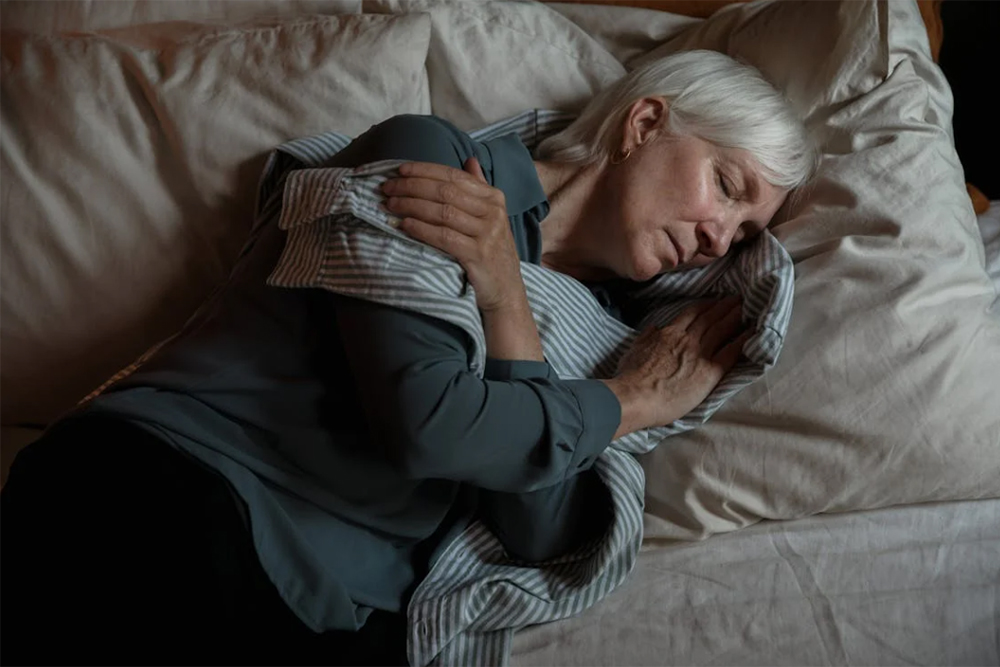
As human beings we tend to seek positive experiences, but as writers and storytellers we understand that the purpose of story is to reveal a transformation. Without suffering and ultimately surrender, there can be no context for your protagonist’s redemption. In other words, the price of joy is grief.
At the core of any well-told story—and indeed, our own life narratives, there lies a dilemma. This struggle consists of two key elements:
- A powerful want
- A false belief
The protagonist grapples with a conflict between what they want and what they actually need. What’s fascinating about this internal battle is the nature of these wants and needs. Wants are always external: success, validation, connection, meaning, purpose. Needs are invariably internal: self-trust, self-acceptance, self-worth. This dichotomy creates the tension that drives both compelling stories (and personal growth.)
Here are a few examples:
- “Wild” by Cheryl Strayed: Cheryl’s powerful want is to escape the pain of her mother’s death and her own destructive behavior. Her false belief is that she can outrun her grief by embarking on a physically demanding journey. Through her trek on the Pacific Crest Trail, she confronts the grief of her past in order to find self-acceptance and authentic joy that lie on the other side of her despair.
- “Educated” by Tara Westover: Her powerful want is to gain an education and break free from her restrictive upbringing. Tara’s false belief is that academic success will validate her worth and heal her wounds. Tara must grieve the loss of her family relationships and the identity she once knew to embrace her true self and find genuine happiness.
- “Eat, Pray, Love” by Elizabeth Gilbert: Elizabeth’s powerful want is to find happiness and fulfillment after a painful divorce. Her false belief is that external experiences—travel, romance, and spiritual quests—will fill the void within her. Elizabeth must grieve her past life and the illusions she held about happiness to discover self-love, inner peace, and the joy that dwells within.
Grief — Letting Go of False Beliefs
In any transformative journey, there comes a pivotal moment. Your protagonist realizes the true nature of their struggle, and they surrender the meaning they’ve attached to their goal. For instance, they let go of the belief that “When I’m a success, then I will have self-worth.” And this is where grief enters the picture. To achieve true joy, one must grieve the false belief that has been driving them. This process can be painful, as it often involves letting go of long-held ideas about ourselves and the world.
Joy in Accepting Reality
This realization leads your protagonist to a profound truth: joy is not something to be pursued directly. Rather, it’s a byproduct of becoming one’s truest self. By shedding false beliefs and embracing the reality of the situation, your protagonist opens the door to the possibility of joy. While grief involves loss and pain, in this context, the thing that is being grieved and released is a false belief—a fantasy or illusion—that was never going to happen in the first place. By grieving one’s false beliefs and the identities we build around them, we create space for authentic joy to emerge.
Embracing Your Protagonist’s Journey
Understanding this process can be liberating, both in your personal life and in your storytelling. Here are some ways to embrace this journey:
- Identify your protagonist’s false beliefs. What narratives about success or worthiness are you (or your protagonist) clinging to?
- Allow your protagonist to grieve. Give them permission to feel the loss as they let go of these beliefs, and notice where this lives in your narrative.
- Cultivate self-awareness. Regularly check in with yourself about your own true needs and desires, and be willing to speak up where you might have previously kept silent. Notice how the desire to write is really the desire to evolve by surrendering limiting beliefs.
- Celebrate small steps. This is hugely important for artists. We must recognize, appreciate, and congratulate ourselves for our little private victories. For some of us this is excruciatingly uncomfortable, but try it any way. We’re not machines. Every writing session deserves a little gift, whether it is a walk in the woods or a pair of new cashmere socks. We must always thank our subconscious for doing this brave work on our behalf.
Learn more about marrying the wildness of your imagination to the rigor of structure in The 90-Day Novel, The 90-Day Memoir, or The 90-Day Screenplay workshops.

 A Spark of Madness: The Secret Ingredient to Creative Brilliance
A Spark of Madness: The Secret Ingredient to Creative Brilliance